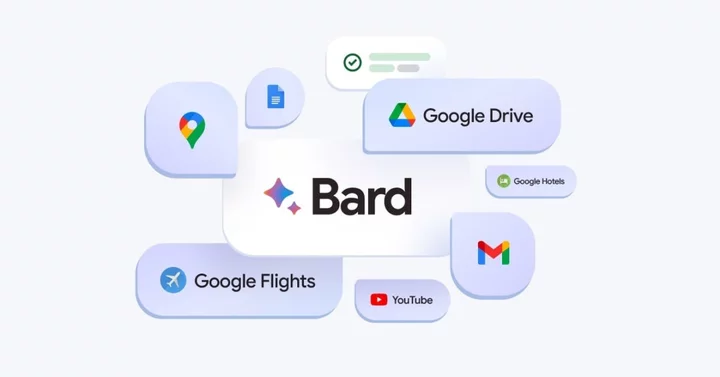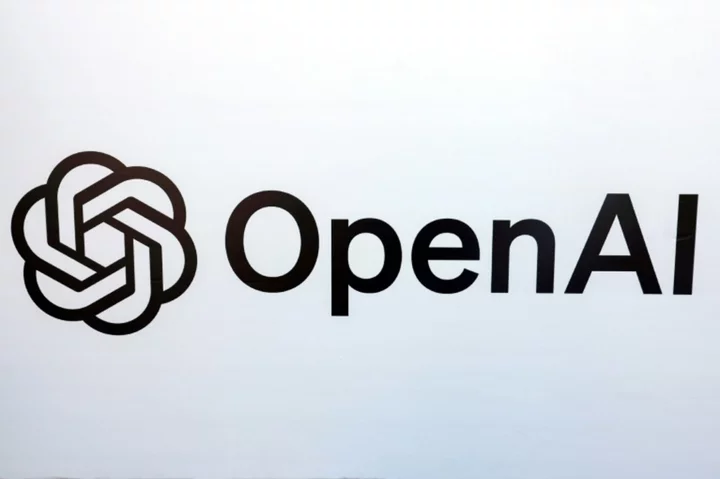Google Bard is getting a little more internet-savvy and a little less inaccurately confident.
Today, the tech giant announced a handful of new features for the generative AI chatbot. For starters, Bard now has browser extensions for Google apps that pull data into your chat conversations. The extensions are for YouTube (which is owned by Google), Google Flights, Google Maps, and Google Drive, Google Docs, and Gmail, if you grant Bard permission to access this data.
SEE ALSO: 3 tips for using Google's Bard AI chatbot more effectively, according to Google itself Via GiphyGoogle also announced a new Bard feature that lets users double-check its answers. Starting with English, by clicking on the "G" icon of the response, you can highlight a part of Bard's response and double-check it by "finding content that's likely similar to or different from its statements." Google says the links provided by this feature are a result of Google Search, and are not necessarily the sources that informed Bard's initial response. So, in that way, Bard's innerworkings are still a bit of a black box.
Via GiphyGoogle's ChatGPT competitor got off to a rough start. When Bard launched last February, the demo video showed an inaccurate response. Following this, leaks within the company confirmed what many believed, which is that the launch was rushed, and a reactionary response to OpenAI and ChatGPT's success. Since then, however, Google has continued to improve on Bard. It is now powered by Google's advanced PaLM2 model, which has been updated with a faster response time, more customizable responses, and got better at generating code.
But large language models are good at generating conversations because they have a lot of source material: namely, the entirety of the internet, possibly including your personal data. A class-action lawsuit was filed against Google in July for scraping personal data without users' consent to train Bard. Google also quietly updated it privacy policy in July to say it can collect public data to trains it models. Google itself warned employees about using chatbots because of possible security breaches.
According to Google, when using the Gmail, Docs, or Drive extensions, Bard asks for permission before linking these apps. You can also unlink them at any time. Furthermore, your personal content won't be used to train the Bard model. It will also not be viewed by humans nor will it be used to show you ads.
With the YouTube extension, you can ask Bard to help you write a best man speech and pull videos into the chat for inspiration. With the Maps extension, you can research ideas with the added benefit of location-based information and travel estimates. With the Gmail, Docs, and Drive extensions, you can pull information from emails or notes to help you draft documents or look up relevant information.
As long as you're careful about what you share with Bard, the new browser extensions make it even more useful.









